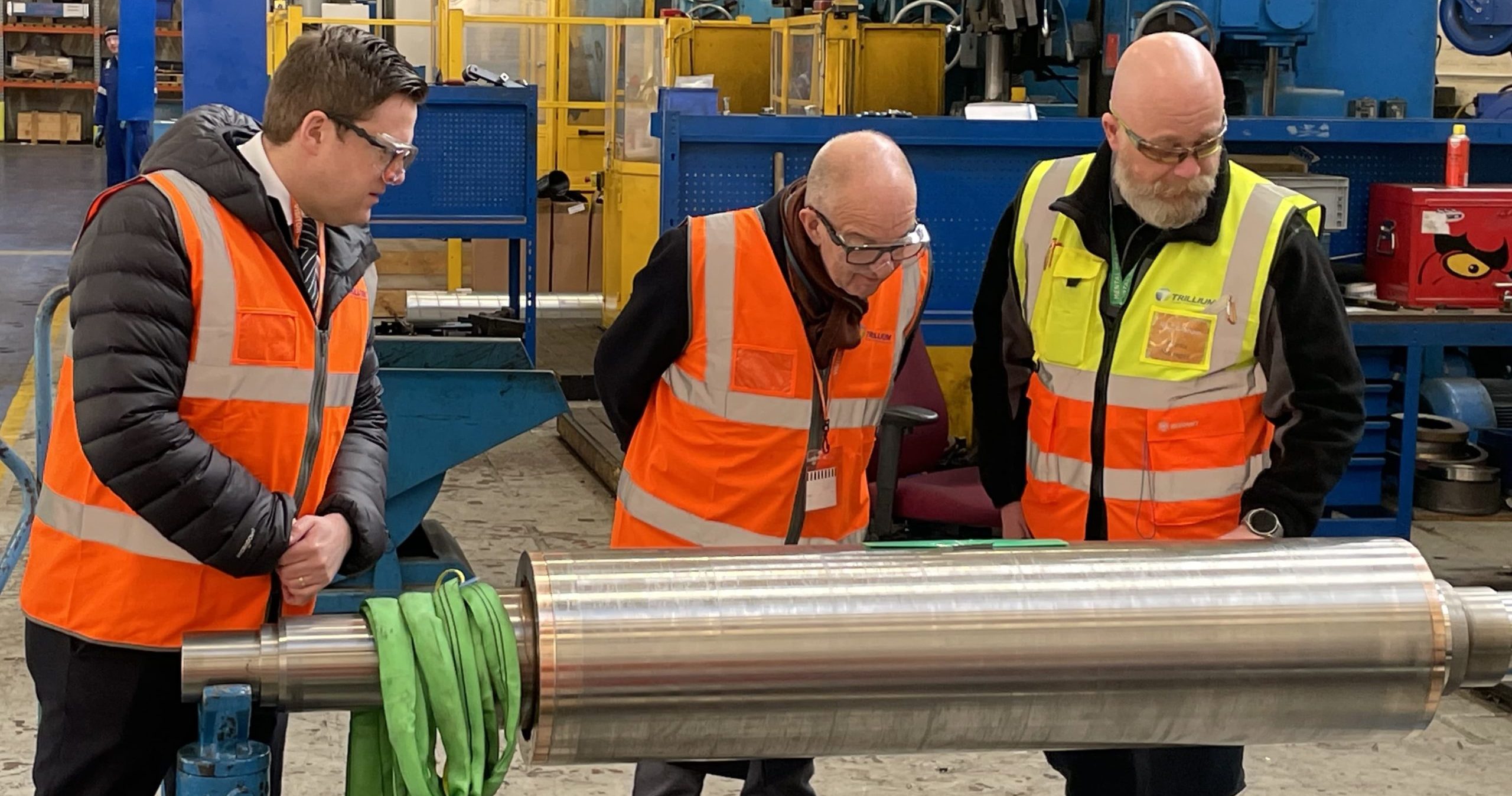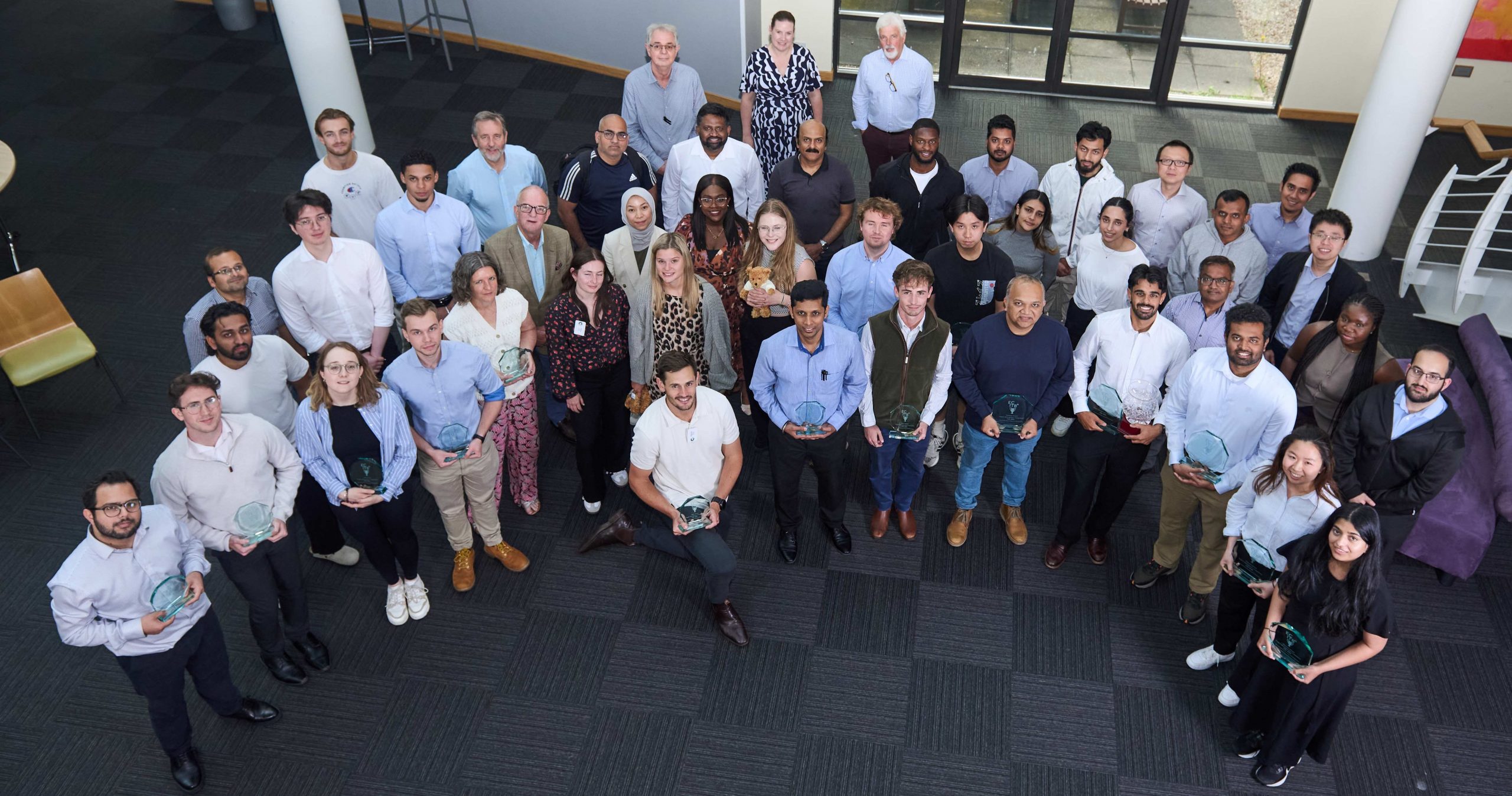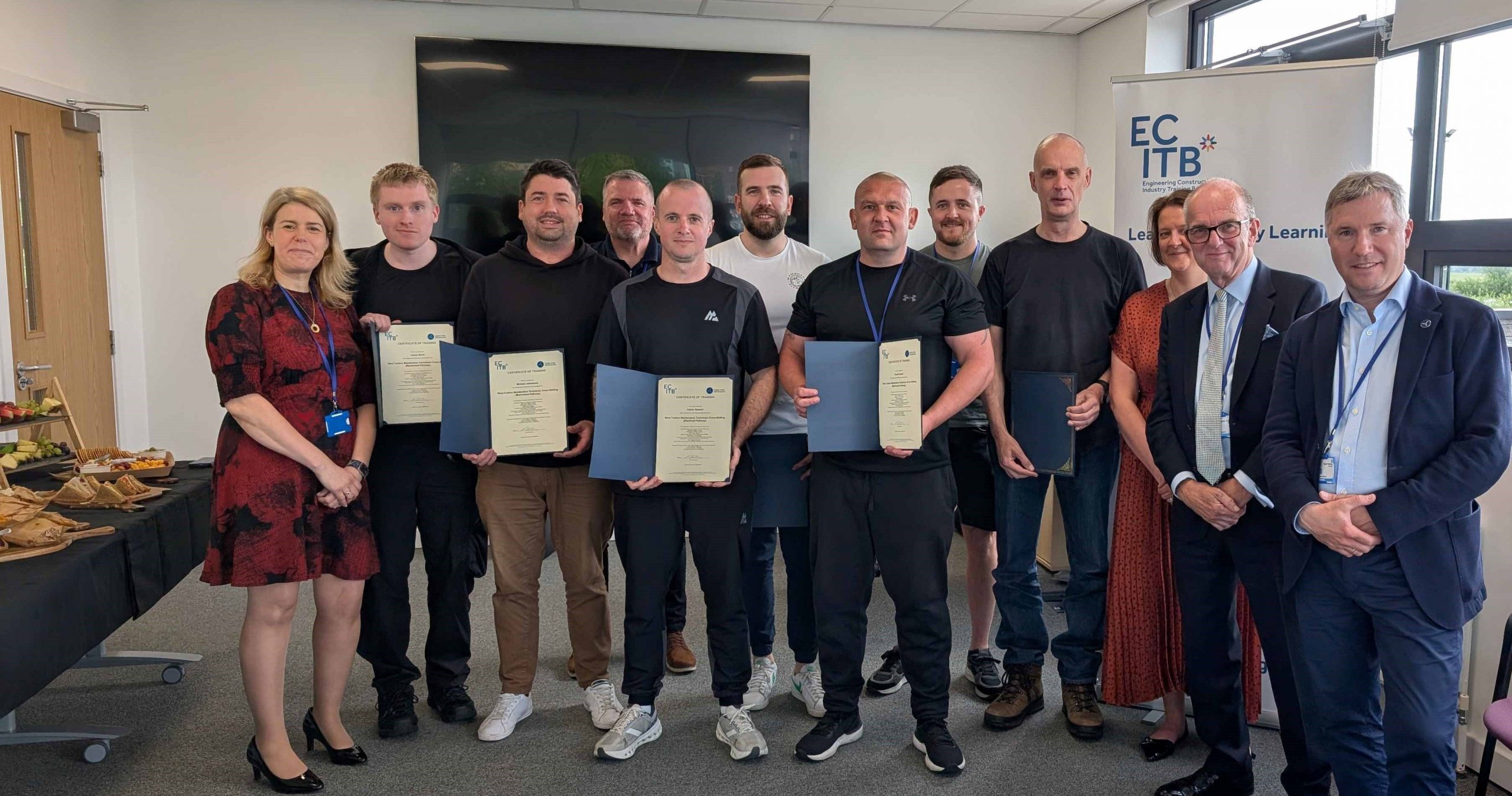Blog by Engineering Construction Industry Training Board (ECITB) Chief Executive Andrew Hockey
As we approach the halfway point of our three-year Leading Industry Learning Strategy 2023-25, it feels like a good time to take stock and revisit its objectives.
Back in September 2022, we pledged more than £87m over three years to support workforce training and tackle the industry’s labour shortages and skills gaps.
At the recent ECITB National Forum, we detailed our highlights of 2023 which painted a positive picture of how we’re doing against our objectives.
But I want to do lots more in the coming years. I want to look at how we can optimise our grant use to lever other funding.
The ECITB’s Labour Forecasting Tool forecasts a 28% increase in demand for workers in the engineering construction industry (ECI) in the next five years amid a boom in project activity.
We recognise that solving the industry’s recruitment and retention issues will require a collaborative approach.
We need to work with stakeholders, employers, training providers, trade associations and local and national government to make the most of the opportunities that exist in the ECI, including decarbonisation in the industrial clusters as we move towards a net zero economy by 2050.
The work being done in our major industrial clusters is a great example of our strategy in action, showcasing our collaborative work with industry partners in helping bring in new entrants and prepare the workforce for net zero.
The six industrial clusters at the heart of the UK’s decarbonisation agenda are the Black Country, East Coast (comprising Teesside and Humber), North West, Scotland, the Solent and South Wales.
Major projects are underway that will deploy a combination of energy efficiency measures, hydrogen production, carbon capture, use and storage technologies, and fuel switching including electrification to decarbonise industrial assets in these regions.
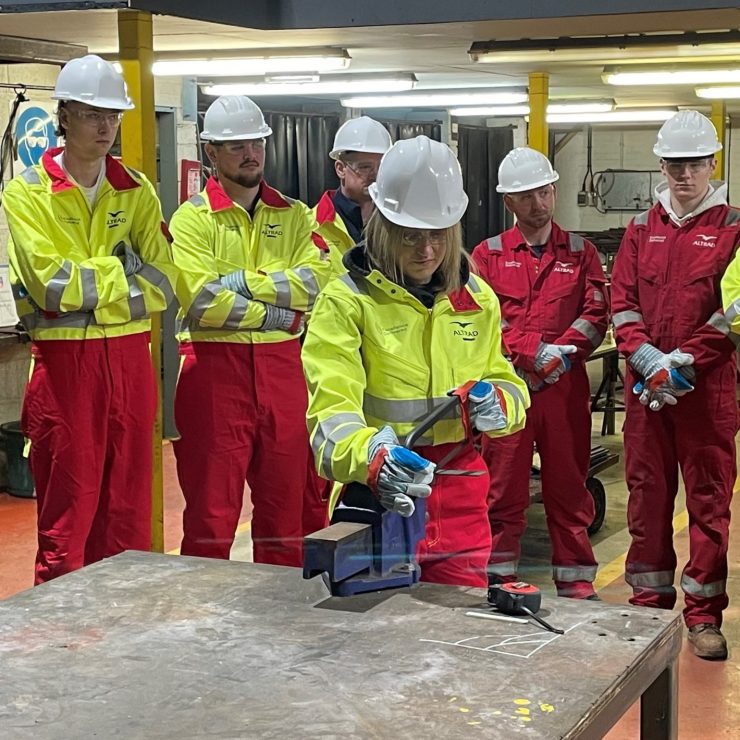
Work Ready Programme opening doors to careers in industry
Since joining the ECITB in June 2023, I’ve seen some great initiatives in action, including the Work Ready Programme placing learners into employment in these industrial clusters.
The programme, which was developed to create a pipeline of new entrants and help address skills gaps, is a collaborative and co-funded partnership between the ECITB, employers, training providers, the Department of Work and Pensions (DWP) and local partners.
Attendees, who are 18+ and include those who have been long-term unemployed, gain recognised industry skills and accredited qualifications as part of a programme that lasts up to 16 weeks and helps them secure employment at the end.
The pilot programme at Pembrokeshire College in 2023 was a big success with all learners who completed the programme gaining employment. It further demonstrated the real benefits of adopting a collaborative approach.
The first programme of 2024 was launched in Cumbria and additional pre-employment programmes commenced at the start of March in Pembrokeshire, Hampshire and Teesside.
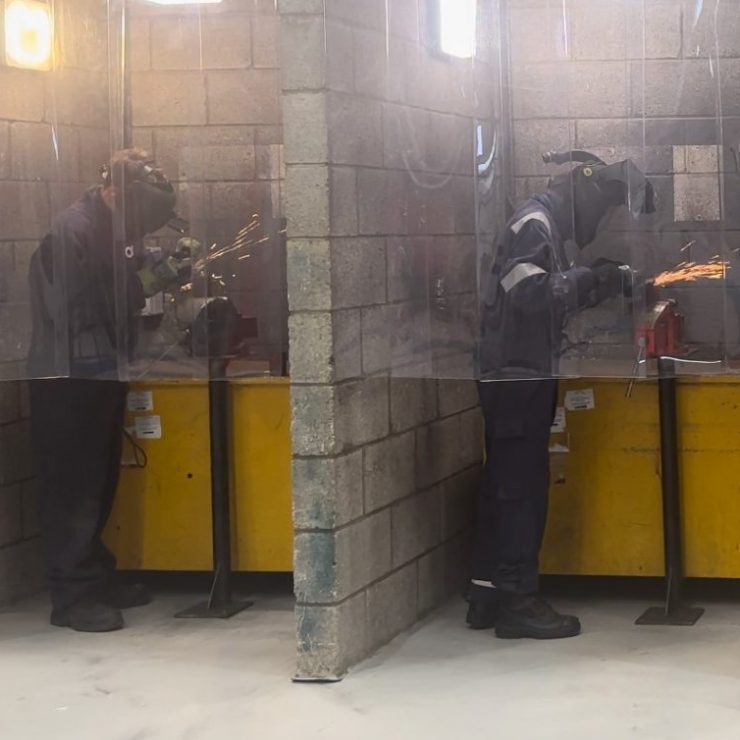
Investment in Regional Skills Hubs
We’ve pledged to invest £1 million for Regional Skills Hubs over the next two years to boost training provider capacity and grow new entrant numbers in the industrial clusters.
This investment will address skills shortages by supporting projects focused on enhancing training and skills provision in these regions.
The first training provider to benefit was CATCH, pictured, which was awarded £300,000 to help upgrade its training facilities in Stallingborough near Grimsby as part of a joint venture with industry partners to increase learning capacity.
Our investment will support the training of more skilled workers to help decarbonisation projects in the Humber region, which emits more carbon dioxide than any other cluster.
The six clusters have all set individual goals to reduce carbon emissions as part of projects that will create or safeguard thousands of skilled jobs.
We’re keen to work with more clients, contractors and training providers in the industrial clusters to invest in growing the number of skilled engineers and craftspersons we need now and in the future for other major projects to help decarbonise the industry.
Funding of between £50,000 and £500,000 from our £1 million investment is available to eligible projects that meet set criteria, including the need to match ECITB grant funding with investment from industry partners.

